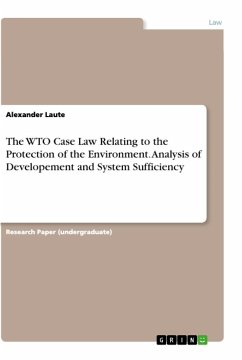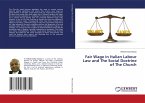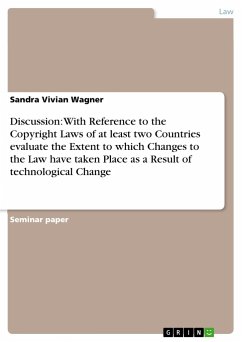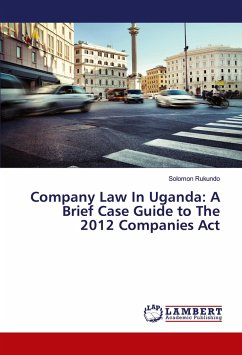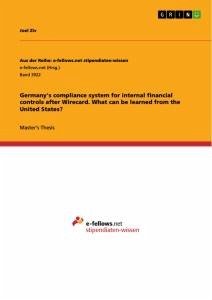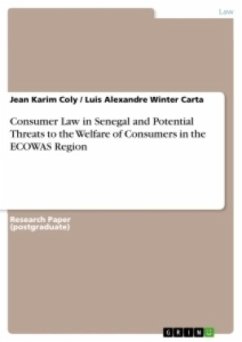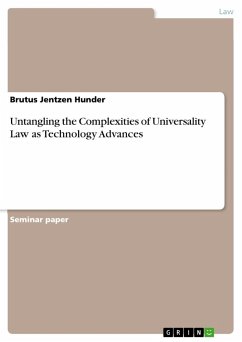Research Paper (undergraduate) from the year 2017 in the subject Law - Civil / Private, Trade, Anti Trust Law, Business Law, grade: 18 Punkte, University of Lausanne, language: English, abstract: The World Trade Organization, established in 1994 by the Marrakesh Agreement, is often regarded as being detrimental to the efforts of national states in setting up new environmental protection regulations. Additionally, the WTO dispute settlement mechanism is often criticized for considering environmental protection measures as trade barriers and not being justified under the law of the General Agreement on Tariffs and Trade (GATT) e.g. in its famous Tuna - Dolphin cases. On the other hand, the preamble of the WTO Agreements acknowledges that the expansion of production and trade has to permit "the optimal use of the world's resources in accordance with the objective of sustainable development, seeking both to protect and preserve the environment". Therefore, it is considered that the objective of the WTO is to establish an equilibrium between free trade and environmental protection. The first section, contains a brief overview of the general procedure of the WTO dispute settlement mechanism, namely the adjudication of a claim by Panels and the Appellate Body and the implementation of the rulings by the Member States. The second part will be an analysis of the findings and rulings of the panels and Appellate Body of the following cases: United States ¿ Standards for Reformulated and Conventional Gasoline, United States ¿ Import Prohibition of Certain Shrimp and Shrimp Products, European Communities ¿ Measures Affecting Asbestos and Products Containing Asbestos, Brazil ¿ Measures Affecting Imports of Retreaded Tyres and China ¿ Measures Related to the Exportation of Various Raw Materials to determine whether there has been a development towards more environmental protection. The main focus lies in the interpretation and development of Art. XX of GATT and its use to justify the states' national environmental regulations. The third section analyses the understanding, implementation and application of the principle of sustainable development within WTO law. An overview of the relationship between Multilateral Environmental Agreements (MEA) and the WTO law will be provided and it will be discussed if the interpretation of the dispute settlement mechanism can promote sustainable development.

